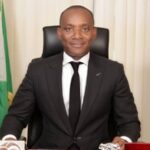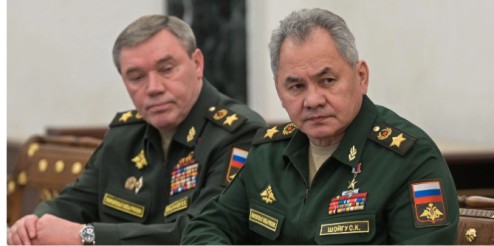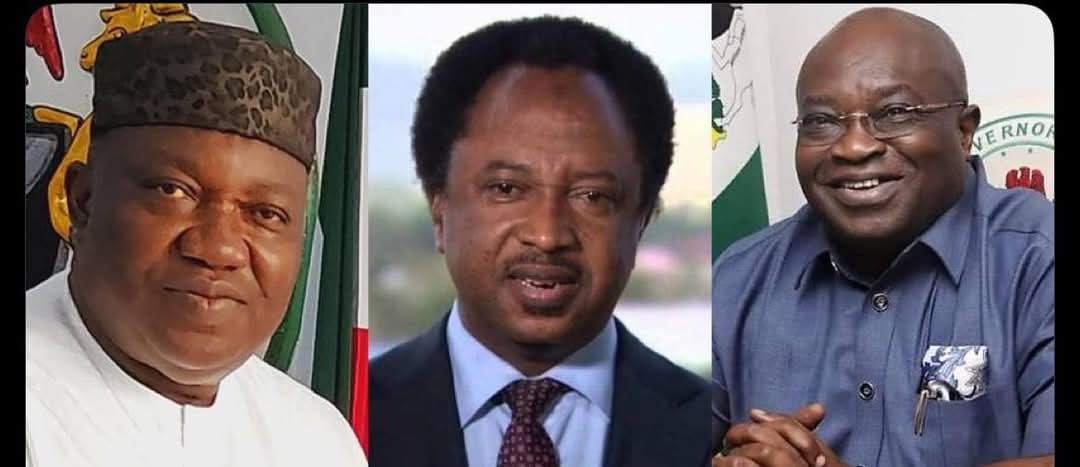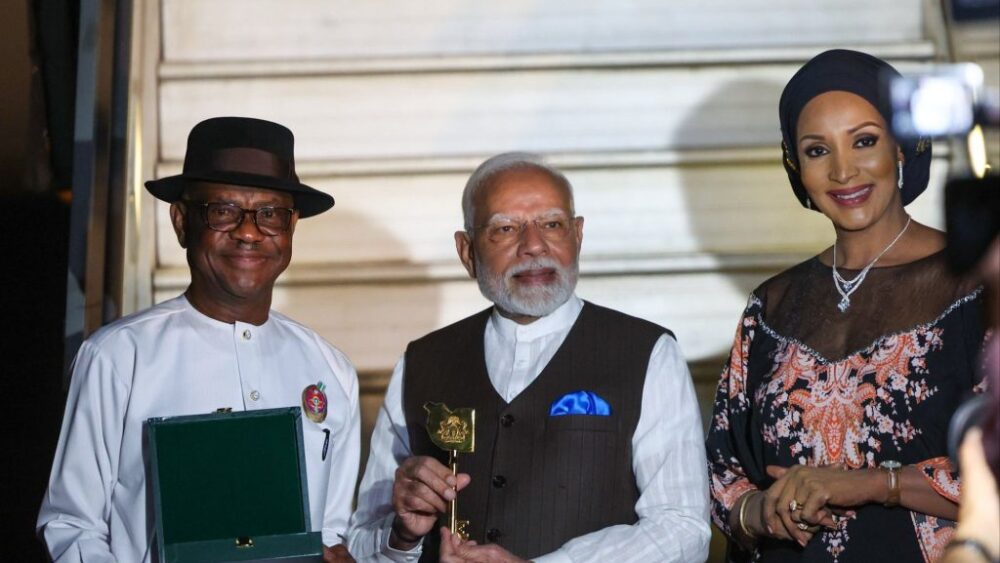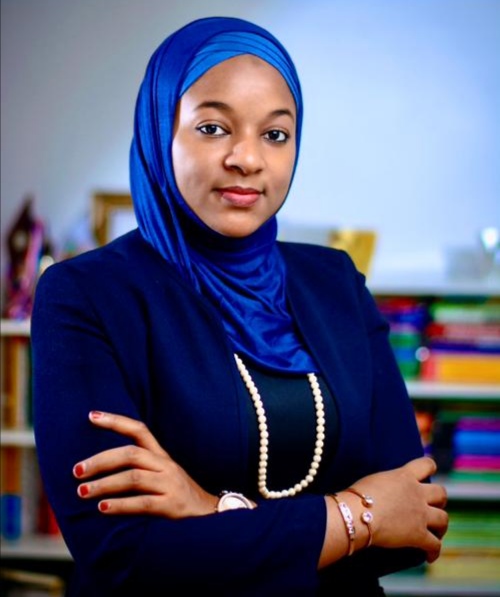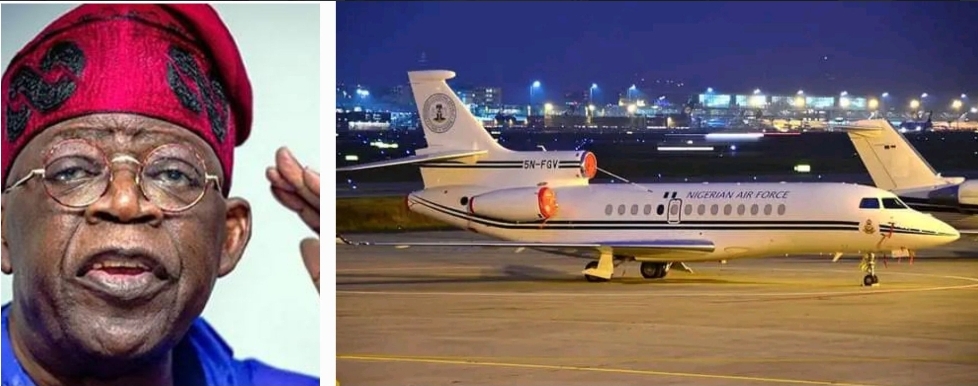VLADIMIR Putin’s botched but vicious invasion of Ukraine is being run by a brutal cabal of bloodthirsty generals.
Russia’s top commanders have a savage charge sheet against them, including deliberately running down and killing protesters with tanks, and indiscriminately shelling civilians.



As Putin’s planned quick invasion of Ukraine appears to turn against him, the Russian army has resorted to more and more vicious measures.
Almost 90% of the southern city of Mariupol has been damaged or destroyed, while numerous atrocities have been reported, including the shelling of a theatre killing 300, or the bombing of a maternity hospital.
But these atrocities should sadly come as little surprise to those who have been following the actions of Putin’s thugs in recent years.
From the bloody civil war in Syria to the brutal annexation of Crimea, and even killing their own people, Putin’s top generals have been accused of waging savagery across the world for decades.
t comes as the so-called “Butcher of Mariupol” Colonel-General Mikhail Mizintsev was caught appearing to call for his own soldier to be mutilated after he wore his uniform wrong.
Mizintsev appeared to call for the soldier to have his “face messed up” in a chilling intercepted phone call – and urged others to beat him with a bottle for the mistake.
Ukraine has alleged that Putin’s general was behind both the bombing of a maternity hospital in the city as well as the shelling of a theatre being used as a bomb shelter by up to 1,000 people.
But he is just one of many Russian generals accused of brutal crimes in recent years.
Human Rights Watch has singled out six top Russian commanders for their involvement in crimes in Syria.
Since their first involvement in the civil war, supporting dictator Bashar al-Assad, Russian forces were accused of a number of atrocities in the Middle Eastern country.
Amnesty International said in a statement: “Russia is guilty of some of the most egregious war crimes” it had seen in decades.
Russian warplanes allegedly deliberately targeted civilians and rescue workers during bombing raids, using banned cluster munitions or firebombing, especially in the flattened city of Aleppo.
In 2013, rockets containing the deadly chemical agent sarin were fired at the Damascus suburb of Ghouta, with Russia and Syria being blamed for the attack.
Both parties denied their involvement in the savagery, which killed from at least 281 to 1,729 people, including many children.
These are Putin’s most brutal generals.
GEN SERGEI SHOIGU
Russia’s defence minister Sergei Shoigu played a crucial role in the deadly Russian involvement in Syria and the previous invasion of Ukraine in 2014.
After being appointed Minister of Defence in 2012, he directly participated in Russia’s annexation of Crimea and military intervention in Ukraine two years later.
In July 2014, Ukraine opened a criminal case against Shoigu, accusing him of forming illegal militias in eastern Ukraine.
Those military groups fought against the Ukrainian army and were involved in the downing of Malaysia Airlines Flight MH17 on July 17, 2014.
Sanctions were imposed against him in September 2015.
Shoigu later led Russia’s brutal military operation in Syria, supporting the country’s dictator Bashar al-Assad.
Russia’s army is accused of numerous war crimes in Syria, including the use of cluster munitions, deliberately targeting civilians and rescue workers, and indiscriminate airstrikes.
It comes as…
- Vladimir Putin could face being deposed in a coup as fury grows in his inner circle over Russia’s failures in Ukraine
- Russia has lost up to 40,000 troops in Ukraine along with at least 17 commanders
- Fears are growing of more brutal Russian tactics as Putin was accused of using phosphorous bombs
- Russian landing ship Orsk was blown up as it was anchored in the occupied port of Berdyansk
- Apocalyptic footage showed the devastation of Mariupol as the vicious bombardment of the city continues
- Video also shows the moment a Russian tank was blown to pieces as Putin has lost 3,300 vehicles during the invasion
- Britain is now sending another 6,000 anti-tank missiles to Ukraine to help the fight against Russia
GEN VALERY GERASIMOV
Valery Gerasimov has been Chief of the General Staff of the Russian army since 2012, as well as a member of the Russian Security Council.
As author of the “Gerasimov Doctrine”, he is accused of unleashing a new form of armed conflict, called “hybrid warfare”.
In it, he called for the increased use of “asymmetric actions” such as “special operations forces” and “internal opposition” as well as propaganda to destabilise the enemy, creating a state of “permanent conflict”.
These techniques would first be demonstrated in Ukraine in 2014, where Gerasimov organised and developed plans for the Russian invasion of Crimea and Donbas.
As a result, he was sanctioned by the EU, the US, and Canada.
Investigative site Bellingcat claims Gerasimov was among those responsible for the transporting of the Buk air defence system to the Donbas, and launching the missile that downed MH17.
Ukraine branded him the “main mastermind” of the 2014 conflict in Donbas, while then-head of the country’s Investigative Department, Grigory Ostafiychuk, said he was personally present during the bloody Ilovaisk battle in August of that year.
The brutal four-week battle saw Russian forces surround the city in eastern Ukraine, attacking soldiers after failing to honour an agreement to allow Ukrainian troops to withdraw.
Ukraine’s government described the events as a “massacre”, with one Ukrainian soldier said it had been “a real meat grinder”.
A court in Kyiv called for the arrest of Gerasimov and 10 other high-ranking Russian soldiers in the wake of the battle.
Gerasimov also organised Russia’s military operation in Syria which began in September 2015.
Amnesty International alleges that Russian aircraft deliberately attacked civilians and rescuers in February 2016.
Over the course of the war, Russia unleashed a staggering 39,000 airstrikes on Syria, according to Airwars, which tracks reports of civilian casualties.
By the end of 2018, the total civilian death toll in Syria as a result of Russian airstrikes was between 2,730 and 3,866, including 690 to 844 children.
COL-GEN SERGEI RUDSKOI
Colonel-General Sergei Rudskoy is the first deputy of chief of general staff of armed forces and head of main operations directorate of general staff of armed forces.
Human Rights Watch has alleged that Rudskoi may bear command responsibility for the 2019-2020 Idlib offensive in Syria.
On July 22, 2019, a Russian attack struck a market in the town of Marat al Numan. A second blast brought down two buildings.
At least two Russian fixed-wing aircraft left the nearby Hmemim airbase just before the attack, according to the UN.
A UN Independent International Commission of Inquiry on Syria found the attack killed at least 43 civilians including three girls and one boy, while at least 109 were injured, including 18 children and 15 women.
The report said that “most of the victims suffered severe injuries with some brought to hospital decapitated, badly burned, or without limbs”.
Speaking on July 29, 2019, Rudskoy denied that Russian aircraft were flying in the area, and claimed that the market was “completely intact and functioning as usual”.
Rudskoy had earlier denied Russian responsibility for the bombing of al-Sakhour hospital.
Russia is guilty of some of the most egregious war crimesAmnesty International
COL-GEN SERGEI SUROVKIN
Commander of Russian forces in Syria between March and April 2019, Colonel-General Sergei Vladimirovich Surovikin was in charge of the bombing of Ukrainian cities during the Russian invasion.
In 1991, during an attempted coup against the new government to save the Soviet Union, Surovkin personally led an armoured column in Moscow which ran down peaceful protesters, killing three.
He was found guilty in 1995 over the illegal possession of a gun and sentenced to eight years in prison, but was let out after just one year.
Last year, Surovkin was promoted to General of the Army, with many speculating he could eventually replace Gerasimov.
He took over as head of Putin’s vicious force in Syria in 2017, and again from January to April 2019, holding the position for longer than anyone else.
COL-GEN ANDREI SERDYUKOV
Commander of Russian forces in Syria from April 2019 until September 2019, Col Gen Andrei Nikolaevich Serdyukov led the 2014 annexation of Crimea.
Using the code name “Sedov”, he later commanded Russian troops in the Donbas in August 2015.
He became commander of the Russian Airborne Troops in October 2016 and also Commanded Russia’s armed forces in Syria between April and September 2019.




LT-GEN ALEKSANDR CHAIKO
Lieutenant-General Aleksandr Chaiko commanded Russia’s forces in Syria between September 2019 and September 2020.
In January 2020 he briefed president Putin on the offensive in the country and was pictured in the capital Damascus with Putin, Assad, and General Shoigu.
Amnesty International, Human Rights Watch, and the UN High Commissioner of Human Rights Office have all condemned Russia’s activities in Syria.
William Roebuck, the former US ambassador to Bahrain, argues that Russia’s intervention in Syria paved the way for its current war in Ukraine.
Writing for The Arab Gulf States Institute in Washington, he said that the Russian military “punched way above its weight class” in Syria, because Putin’s commanders “were willing to take risks and did not seem constrained by the possibility of casualties”.





